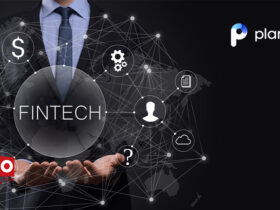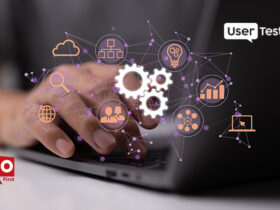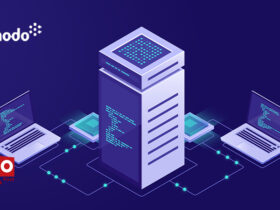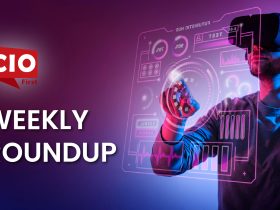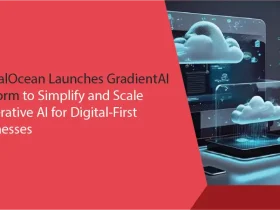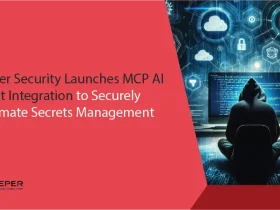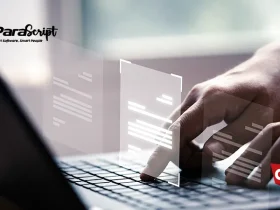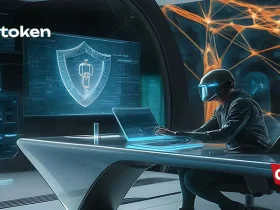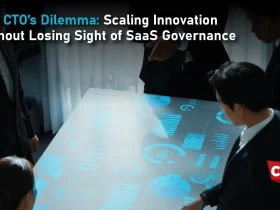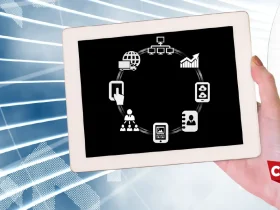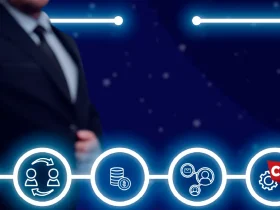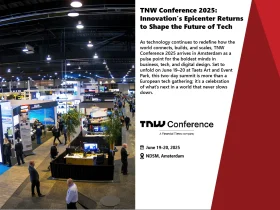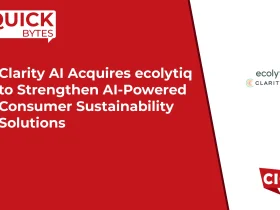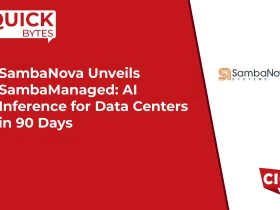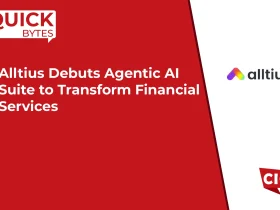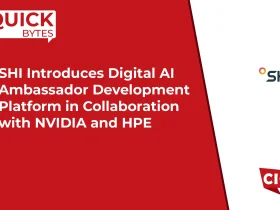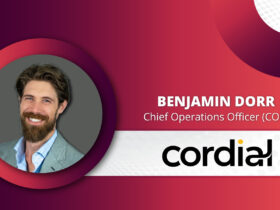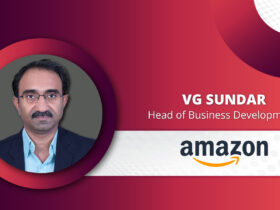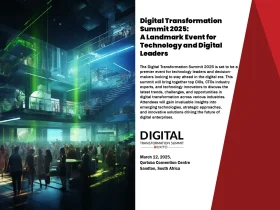“While cost is important, implementing an ERP system is also about the value your organization can generate from improving operations and people experience/engagement,” says Michael Murphy, VP of Sales, Unit4, in an exclusive interview with EnterpriseTalk.
ET Bureau: How can CIOs convince their counterparts on the board to upgrade their ERP systems who are risk-averse to upgrade them?
Michael Murphy: How companies utilize and interact with an ERP system has changed dramatically since the onset of the pandemic. In today’s environment, an on-premise or office-based solution will struggle to provide the capabilities needed to manage a global or remote workforce.
To combat this, it will be crucial for organizations to upgrade their “one-size-fits-all” ERP solution to one designed with a people-first mindset. This notion is further validated by analyst firm Gartner, which recently announced a new magic quadrant for service-centric cloud ERP solutions. The industry is embracing more people-centric and service-centric designs rather than product-centric.
For the risk-averse company that is hesitant to upgrade its ERP system, ask yourself: “Is my company looking to grow in the near future? Is my workforce more distributed and global than it was when I first implemented my ERP system?” If the answer to either question is yes, then not upgrading your ERP system to a people-centric solution could bring more challenges and risks than keeping it in place. Companies need a solution that meets employees where they are – today, a remote environment.
Also Read: Three Key Stumbling Blocks of Edge Computing to Avoid in 2022
ET Bureau: Can you brief us about Unit4’s ERP systems cyber resiliency? How can enterprises benefit from buying these solutions instead of others in the market?
Michael Murphy: Cyber resilience in today’s world is crucial, and Unit4 has taken a number of steps to ensure that our customers are benefiting from the highest security standards available. The first step to ensuring our ERP systems are cyber resilient is during the design phase. Our team creates the software architecture so that access to customer data is only provided via the application layer and can be provided in a granular manner. This allows customers to have complete control over their data and includes important security features, such as scanning malware for all documents.
During the development phase, we use tools such as WhiteSource or Contrast Assess to continuously improve the security of our solutions through a DevSecOps approach. When deploying our software to production environments, we utilize Microsoft Azure native services to protect against Denial-of-Service (DoS) attacks. All data transit and data at rest are fully encrypted to further secure our customers’ data. We also engage with companies like KPMG or NCC Group to conduct penetration tests.
ET Bureau: What questions should CIOs ask their target vendors before implementing their ERP systems?
Michael Murphy: As companies explore ERP vendors, there are a few considerations CIOs need to keep in mind. Asking a potential vendor the right questions is a crucial step in ensuring you are getting an ERP solution that is people-centric but also best meets your company’s overall goals and needs.
Also Read: Four Best Practices Enterprises Can Adopt for Successful Data Migrations
A few questions that every CIO should ask is:
- “How can your system support my remote (non-office) employees?” The future of the workforce is remote and hybrid. If your company is embracing the new world of work and hiring talent in different areas of the country and world, asking this question will ensure that your ERP system can manage your diverse and distributed workforce.
- “What does your roadmap look like for future growth/enhancement?” Asking this question will give CIOs the confidence that as their organization continues to grow and expand, their ERP system will grow with them.
- “Can you explain how your system is architected to support our unique integration needs?” Many ERP solutions are designed with a “one-size-fits-all” mindset. While that may be appealing from an implementation perspective, it can cause more issues down the line when your system cannot support or adapt to your growing organization. Asking this question will help CIOs understand how much a vendor really knows about your organization and if you are getting a “custom-fit” solution.
ET Bureau: Enterprise Resource Planning makes a great impact on top lines. How do enterprises get that optimal point of resources vs. revenue using their ERP?
Michael Murphy: When it comes to implementing a new ERP solution, cost should not be the only factor in decision-making. While cost is important, implementing an ERP system is also about the value your organization can generate from improving operations and people experience/engagement.
By implementing an ERP solution to help automate that employee process and cut that time in half, your employees will gain one full working week per year to dedicate to other, more impactful, ROI-driven business initiatives. This leads to higher levels of productivity and innovation, greater employee satisfaction and reduced turnover.
Implementing an ERP system also allows organizations to embrace new improvements and opportunities that can only happen when your data is integrated, aligned and available on-demand.
ET Bureau: Why should organizations choose Unit4’s ERP systems over their competitors?
Michael Murphy: Our cloud-based ERP solution was designed on a simple premise: we offer “right for your business” solutions that enable productivity, velocity and resilience. We think of ERP as “Experience Real Purpose,” and have conceived and built all of our solutions accordingly.
Our fit-for-purpose ERP solution automates the small stuff, so your most valuable asset (your employees) can revel in the big ideas and deliver the best service possible to your customers. As a modern cloud platform, we have deep industry and mid-market focus. We also prioritize the user experience, automating processes, offering a personalized digital assistant, and even have mobile capabilities. We are a people-centric partner for organizations.
[vc_column] [vc_tta_tour][vc_column_text]
 With over 20 years of sales and management experience in the public sector (Nonprofit/SLED/Higher Education), Michael Murphy joined the Unit4 leadership team in September 2021. Prior to this role, he worked for Cornerstone OnDemand, where he was hired to start their nonprofit division.
With over 20 years of sales and management experience in the public sector (Nonprofit/SLED/Higher Education), Michael Murphy joined the Unit4 leadership team in September 2021. Prior to this role, he worked for Cornerstone OnDemand, where he was hired to start their nonprofit division.
[/vc_column_text][/vc_tta_tour][/vc_column]


